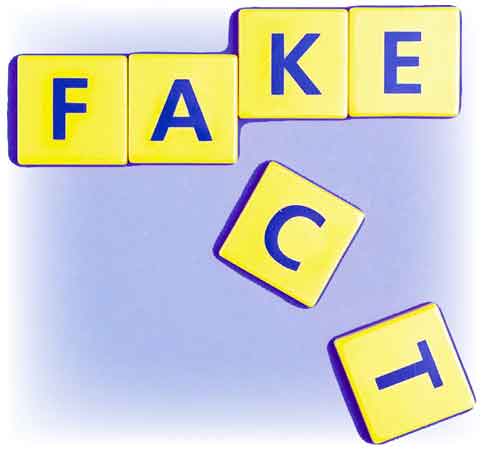Viral law: Stop spreading false information
There is a pandemic of false information that is as deadly as the coronavirus disease 2019. As it is, fake news is a scourge in modern society. It destroys reputations, causes mental stress, disturbs psychological well-being, and in some cases, results in the injury and death of the affected individuals. False information in these times literally kills.
The new Bayanihan to Heal As One Act, passed into law in response to the public health emergency, says that “individuals or groups creating, perpetrating, or spreading false information regarding the COVID-19 crisis on social media and other platforms, such information having no valid or beneficial effect on the population, and are clearly geared to create chaos, panic, anarchy, fear or confusion; and those participating in cyber incidents that make use or take advantage of the current crisis situation to prey on the public through scams, phishing, fraudulent e-mails, or other similar acts” can be punished.
There are two parts to the section: the second on the foisting of scams and the like is already punishable under existing laws like the Cybercrime Protection Act of 2012. What is novel is the first part — the creation, perpetration, or spread of false information. What is false information, or when is information false? Simply, information is fake or false if it is not based on facts. Semantically, fake news or false information is not news or information at all. Similarly, facts that are not verified are not facts but mere statements or allegations.
Such false information does not provide a valid or beneficial effect on the population. Validity relates to the “trueness” of the information; benefit refers to gain or advantage with the acquisition or use of such information. In either case, false information does not meet the test.
The false information is meant to create chaos, panic, anarchy, fear, or confusion — states of mind which invariably results from perceiving such incorrect data. In fact, the net effect of false information is to mislead and to deceive.
In many of our chat groups and social media accounts, there is a profusion of information that is not verified or downright false. Even among the educated, the tendency is to mindlessly press the forward button as if one is obligated to share whatever, whenever.
It does not help the individual or group to preface its own message with “Just forwarding, not sure if true,” or to say, “This is from another Viber group.” In either case, all the elements of the crime are present and make the spreader, the sharer, or forwarder guilty of a crime.

Common sense requires that if one is not sure, the thing to do is to not to forward. That the message was posted somewhere else does not mean that it is true or that it deserves to be shared. It needs to meet the same standard of personal knowledge or a verified and credible source.
But then it is also a sly and pernicious method — to tout in the message that a person or an entity, i.e. a doctor who, an epidemiologist how, a health institute what as the source, to give it credibility and increase its dissemination.
Prudence compels the recipient to end the spread of disinformation and to call out the spreader on the harm being caused.
Consider messages that headline “Gargling with antiseptic kills the virus,” or “Cadavers piling up in a hospital.” Woe to the person who shuns medical care and rinses himself to kingdom come. Then there is the anguish to the community to be led to believe that people are dying like flies in our healthcare system.
A particularly malicious post is the purported death of a person. Can you imagine what the family has to go through in supporting a loved one’s fight for life and at the same time fighting false information?
There is no utility or honor in spreading or sharing such information, no matter how good the intention is. It is the result of the action that is judged. It is the act that is punished by law. The punishment is imprisonment of two months and/or a fine of P10,000 to P1 million.
Why do people create or spread false information? Ignorance counts for many cases. There are those who do it for fun, or trying to be smart by putting one over others, or for the sake of a viral post. Then there are dark forces that operate as only evil does.
The rule can be summarized thus — When in doubt, verify. When unsure, don’t. Intentions don’t count, effects do. Life and death is a matter that is not up to us. But to live right by not spreading false information is something that we can do.



